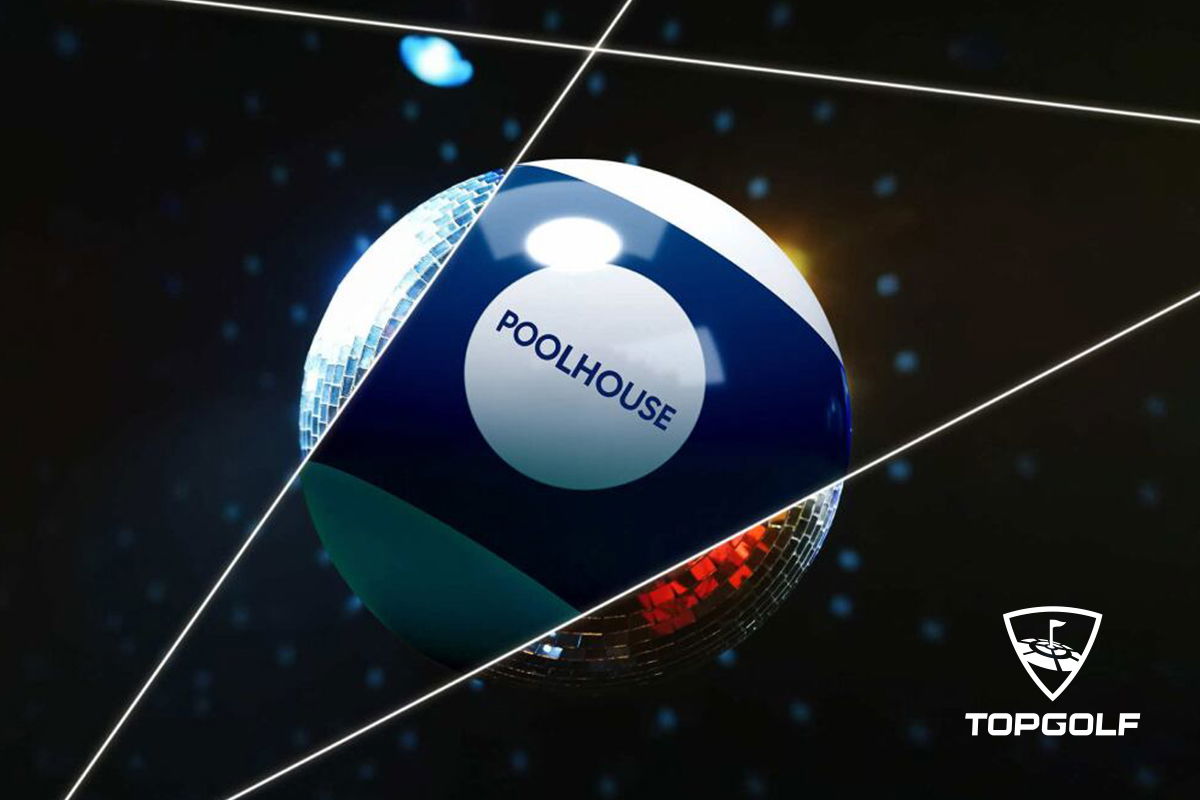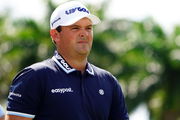

Topgolf is making a comeback. Sort of. The founders of Topgolf, Steve and Dave Jolliffe, have raised $34 million for their new tech-infused pool entertainment venture, Poolhouse. The seed round was led by Sharp Alpha, with participation from notable investors like David Blitzer, part-owner of the Philadelphia 76ers and New Jersey Devils. Poolhouse aims to bring a “vintage Las Vegas-inspired ambience” to the pool hall experience, complete with interactive games, upscale food, and craft cocktails.
Watch What’s Trending Now!
According to Andrew Brien, CEO and co-founder of Poolhouse, “The Poolhouse experience heralds the most significant transformation in the history of a near 700-year-old sport.” The first Poolhouse location will open near London’s Liverpool Street Station, with plans to license its technology to hospitality operators worldwide. Two factors to consider here: first, the current industry trends and the future projections show that Poolhouse can be a success. But they need to learn from Topgolf’s mistakes.
Top Stories
Bryson DeChambeau Visits PGA of America as LIV Golf’s Future Looks Bleak

Bryson DeChambeau Announces Career Move After $500M Demand Put LIV Golf in Worrying Spot

Brooks Koepka’s Frustrations With LIV Golf Finally Come to Light as US Open Winner Spills the Beans

‘Started Crying & Bawling’: Patrick Reed Addresses Family Setbacks That Made Him Walk Away from LIV Golf

PGA Tour in Troubled Waters as Pro Withdraws Minutes Before First Round of Torrey Pines Event

ADVERTISEMENT
Why Poolhouse can be a slam dunk for Topgolf founders
The founders of Topgolf have raised $34 million for their new tech-infused pool entertainment venture, Poolhouse. This move comes as traditional pool venues are experiencing a decline, with many struggling to attract younger demographics who prefer digital gaming and online entertainment. They are trying to deliver in the pool table what they failed to do in golf–an entertainment venue that will blend traditional pool with modern-day innovation.
Oddly enough, regardless of a dip in the interest in traditional pool tables, the market is still expected to grow at a CAGR of 6.50% from 2025 to 2032, reaching nearly $1486.88 million by 2032. The Asia Pacific region, in particular, is expected to witness significant growth in the sports event market, with a CAGR of over 10% during the forecast period. Data does show that the 2020s will be THE decade for sports arenas and entertainment facilities:
- The Sports Arenas and Entertainment Facilities segment has notched 25.8% annual growth over the past three years, reaching $44.3 billion in 2024, per Kentley Insights.
- The global market is projected to reach $313.3 billion in 2025.
- The sector also witnessed an 8.2% annual average growth rate.
ADVERTISEMENT
Now, as far-fetched as the idea may be, this does prove that there is still a demand for pool entertainment. Reimagined in a more immersive and engaging way, as Topgolf founders are planning to do, pools can still deliver big bucks for investors. Here’s how Poolhouse is planning to do it:
- They will superimpose images on the board, offering multiple types of pool games for playing.
- Players can track their progress on the app and video screens.
- A handicapping system will be developed to allow players at every level to compete against each other.
ADVERTISEMENT
So, it’s still pool tables, but not your 80s or 90s hangout place with friends grabbing a pint of beer or two. Rather, a merlot or a pinot noir will replace that. The sports entertainment venues are Instagrammable, which means one checkbox ticked for getting Gen-Z hooked it. But here is the thing: Topgolf was conceptualized with a similar vision. Four years and a merger with Callaway later, it’s yet to become a profitable business.
Top Golf’s lesser-than-expected success offers a cautionary tale
“Topgolf is transforming the game of golf and is expected to deliver substantial financial returns over time… The Board has determined that separating Topgolf will best position Topgolf and Callaway for success and maximize shareholder value.” So said Chip Brewer, Topgolf Callaway Brands president and CEO, in a statement.
ADVERTISEMENT
In September 2024, Topgolf Callaway Brands announced its plan to spin off its two primary brands, Callaway Golf and Topgolf, into separate, independent companies to allow both entities to focus on their unique strengths and growth opportunities. Topgolf, still, remained confident in its ability to deliver financial returns over time.
Well, it did not.
- The separation came after a year that saw Topgolf Callaway Brands’ stock price drop over 24% since January.
- In fact, Topgolf’s same-venue sales had been down 8% in the first half of 2024, which led to the final spin-off plan.
- In fact, the script continued to slide early in 2025 as well, after a 39% dip in 2024 alone.
- In the last quarter of 2024, Topgolf reported a $1.45 billion loss.
ADVERTISEMENT
So, Steve and Dave Jolliffe, the founders of TopGolf need to be aware of the market dynamics. Sure, the tech-infused pool table venture has huge potential, but to realize that, the Jolliffe brothers need a solid framework.
Regardless, this proves the rich potential of sports entertainment ventures in the future. The emergence of tech-powered social sport experiences like Topgolf and Flight Club has shown that there is an appetite for modern, interactive entertainment venues. Poolhouse aims to capitalize on this trend, offering its vintage ambience and interactive pool games, along with upscale food and beverage options.
With the backing of Sharp Alpha and other notable investors, Poolhouse is set to bring a new level of excitement and engagement to the world of pool, potentially generating significant revenue growth for its operators.
ADVERTISEMENT
ADVERTISEMENT
ADVERTISEMENT
ADVERTISEMENT